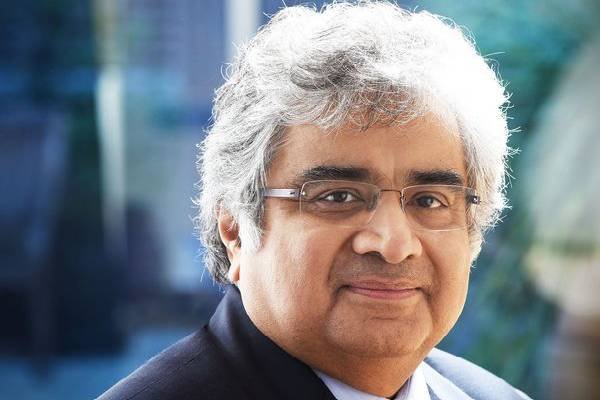Renowned lawyer Harish Salve recently defended the Citizenship Amendment Act (CAA) in an exclusive interview with NDTV, emphasizing that critics often misunderstand the objective and context of the law. Salve’s insights into the CAA provide a legal perspective on the contentious legislation, shedding light on its objectives and constitutional validity amidst ongoing debates and controversies.
The CAA, passed in 2019, aims to expedite the Indian citizenship process for minorities from three neighboring Islamic nations – Afghanistan, Pakistan, and Bangladesh – who fled due to religious persecution. Salve highlighted the historical context of the Indian subcontinent before 1947, describing it as liberal and inclusive. However, subsequent changes in these countries, including the declaration of Pakistan and Bangladesh as Islamic states, have led to the persecution and marginalization of religious minorities.
Salve emphasized that the CAA’s objective is to protect minorities facing religious persecution in Islamic states. He noted that the law provides fast-track citizenship for individuals belonging to specific religious communities, including Hindus, Sikhs, Christians, Buddhists, Jains, and Parsis, who are unable to practice their religion freely in their home countries. Salve cited examples of discrimination and persecution faced by these communities, underscoring the need for India to intervene and offer them refuge.
Addressing concerns about the exclusion of communities like the Rohingya, Salve explained the constitutional legality of defining specific classes for differential treatment. He compared it to differential tax rates based on income levels, stating that over-classification is necessary to address discrimination effectively. Salve emphasized that the CAA’s classification is based on the objective of protecting persecuted minorities, which is constitutionally permissible.
Salve acknowledged the complexities surrounding the Rohingya issue but cautioned against external interference in the affairs of Islamic states. He stressed that addressing discrimination within these countries is the responsibility of their citizens and governments. Salve reaffirmed India’s right to enact laws to protect its minorities but warned against undermining the sovereignty of other nations.
The CAA has been a contentious issue in Indian politics, with the ruling Bharatiya Janata Party (BJP) advocating for its implementation and opposition parties raising concerns about its constitutionality and potential implications. West Bengal Chief Minister Mamata Banerjee has been one of the CAA’s fiercest critics, accusing the BJP of using the legislation to target minority communities and fuel religious polarization.
Home Minister Amit Shah has defended the CAA, accusing Banerjee of misleading the people of West Bengal on its provisions. He has reiterated the government’s commitment to providing citizenship to persecuted minorities while reassuring Indian citizens that their rights and interests will be protected.
Salve’s insights provide a nuanced understanding of the CAA, addressing both its legal and moral dimensions. By contextualizing the law within the broader framework of religious persecution and minority rights, Salve offers a compelling defense of India’s approach to citizenship for vulnerable communities. However, the debate surrounding the CAA is likely to continue, reflecting deeper tensions within Indian society regarding identity, religion, and citizenship.
